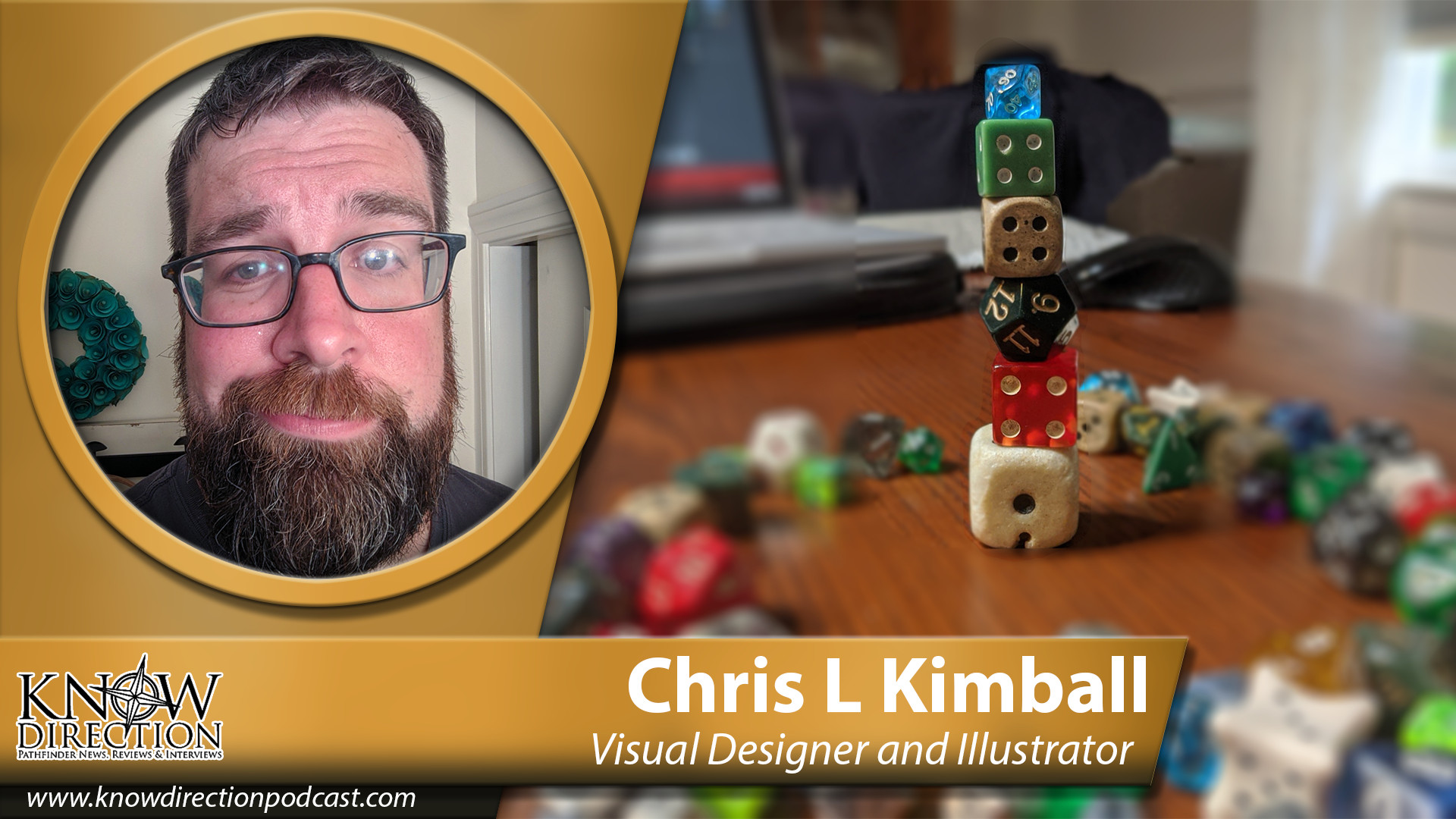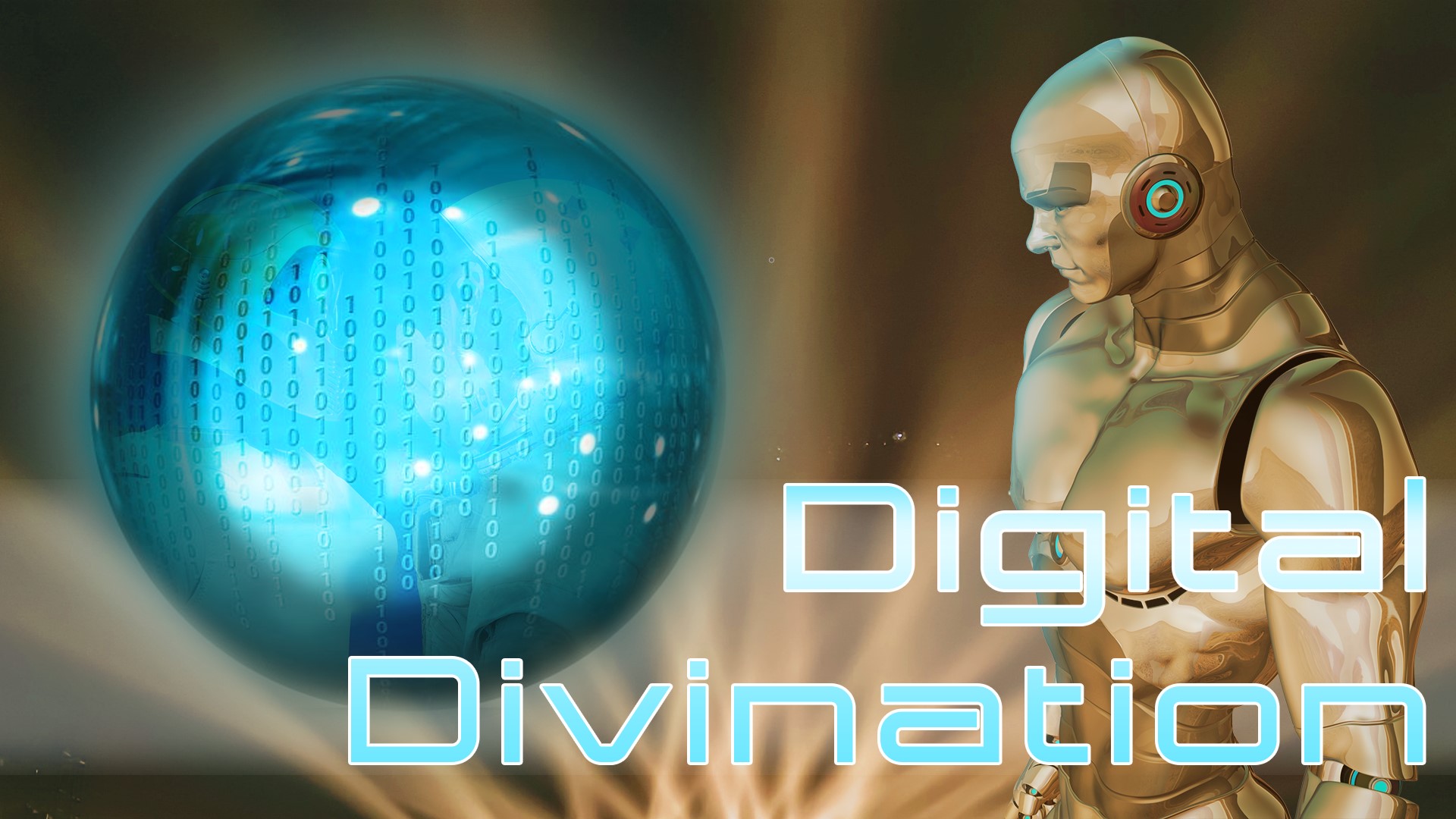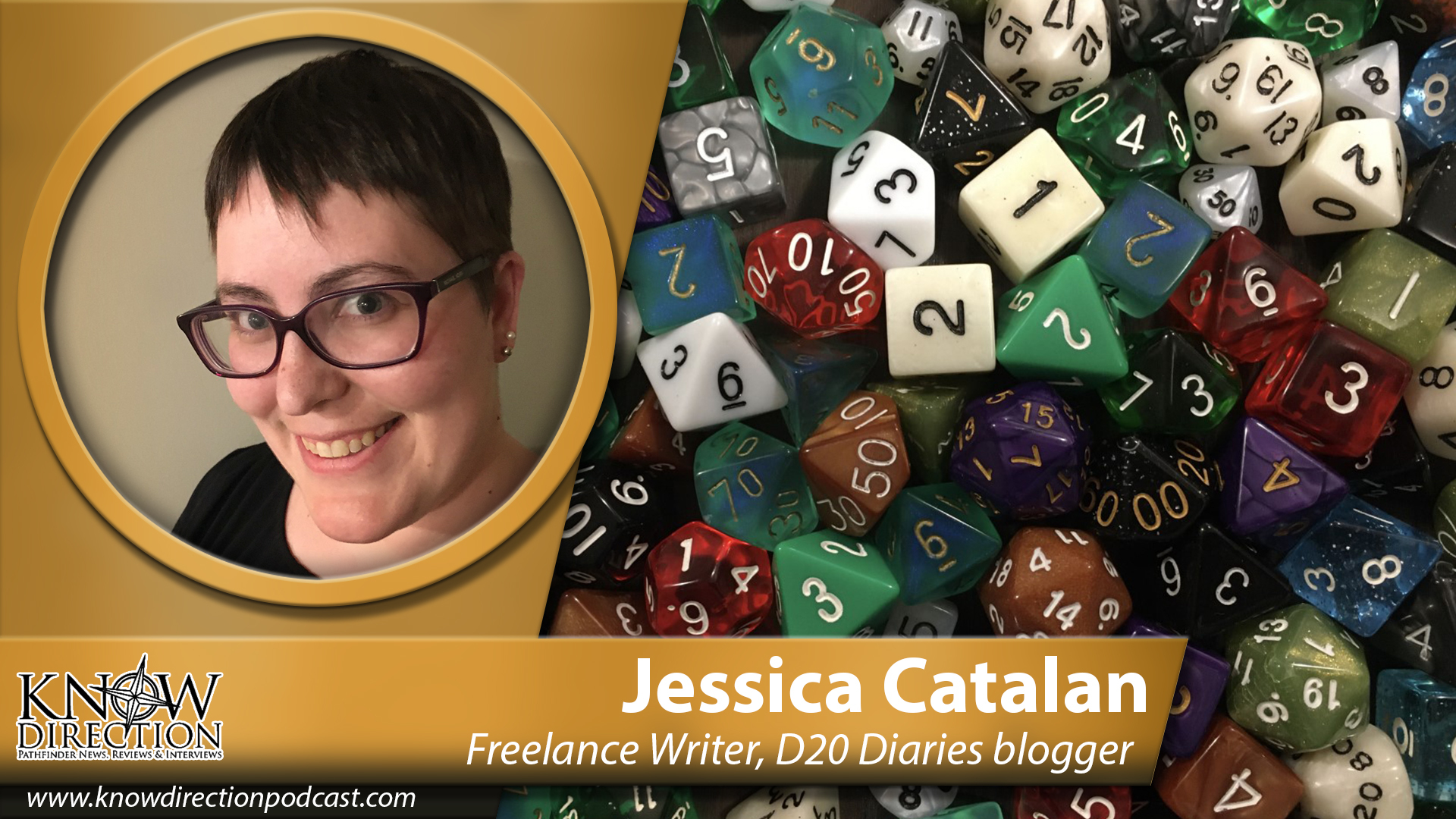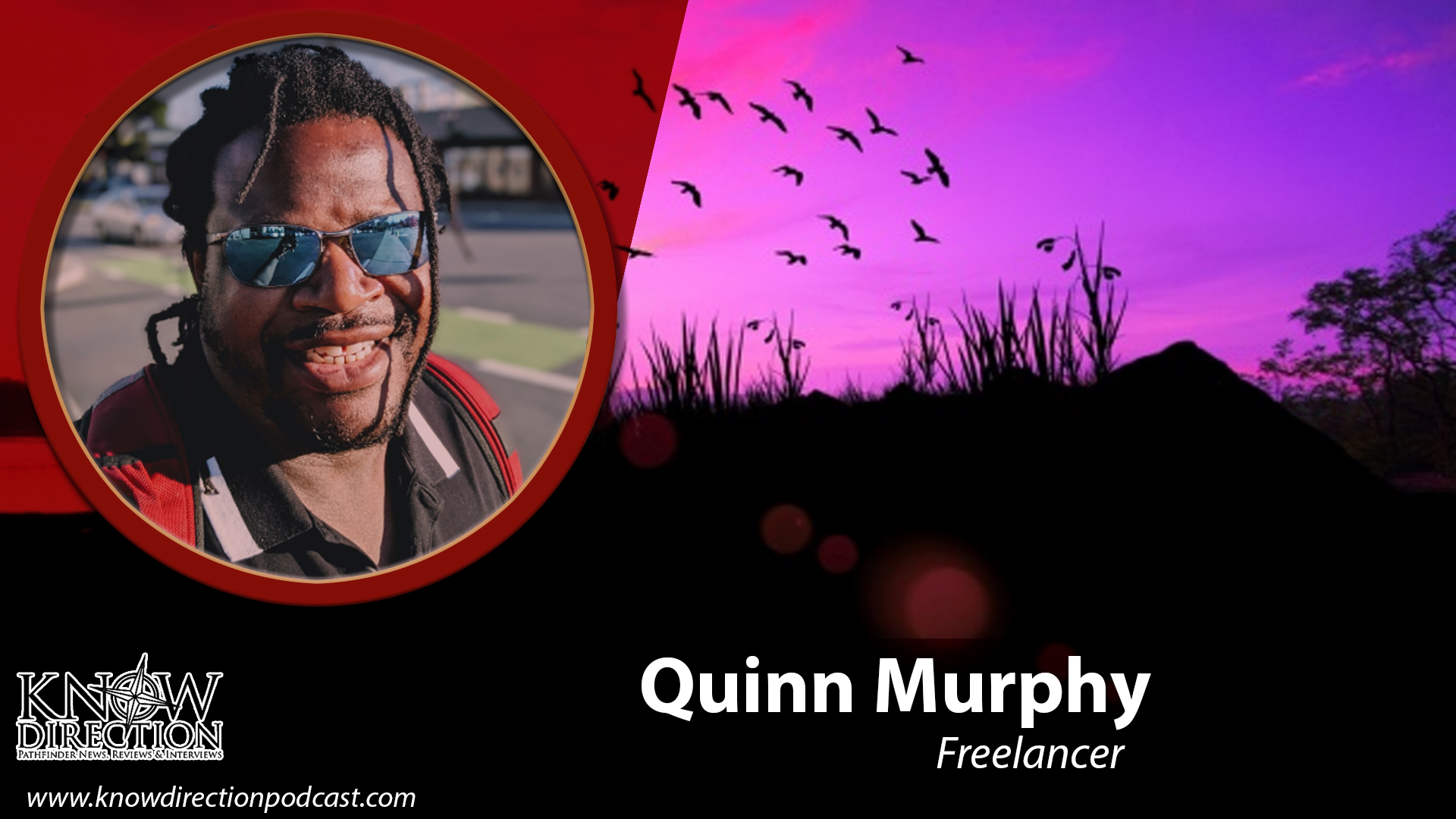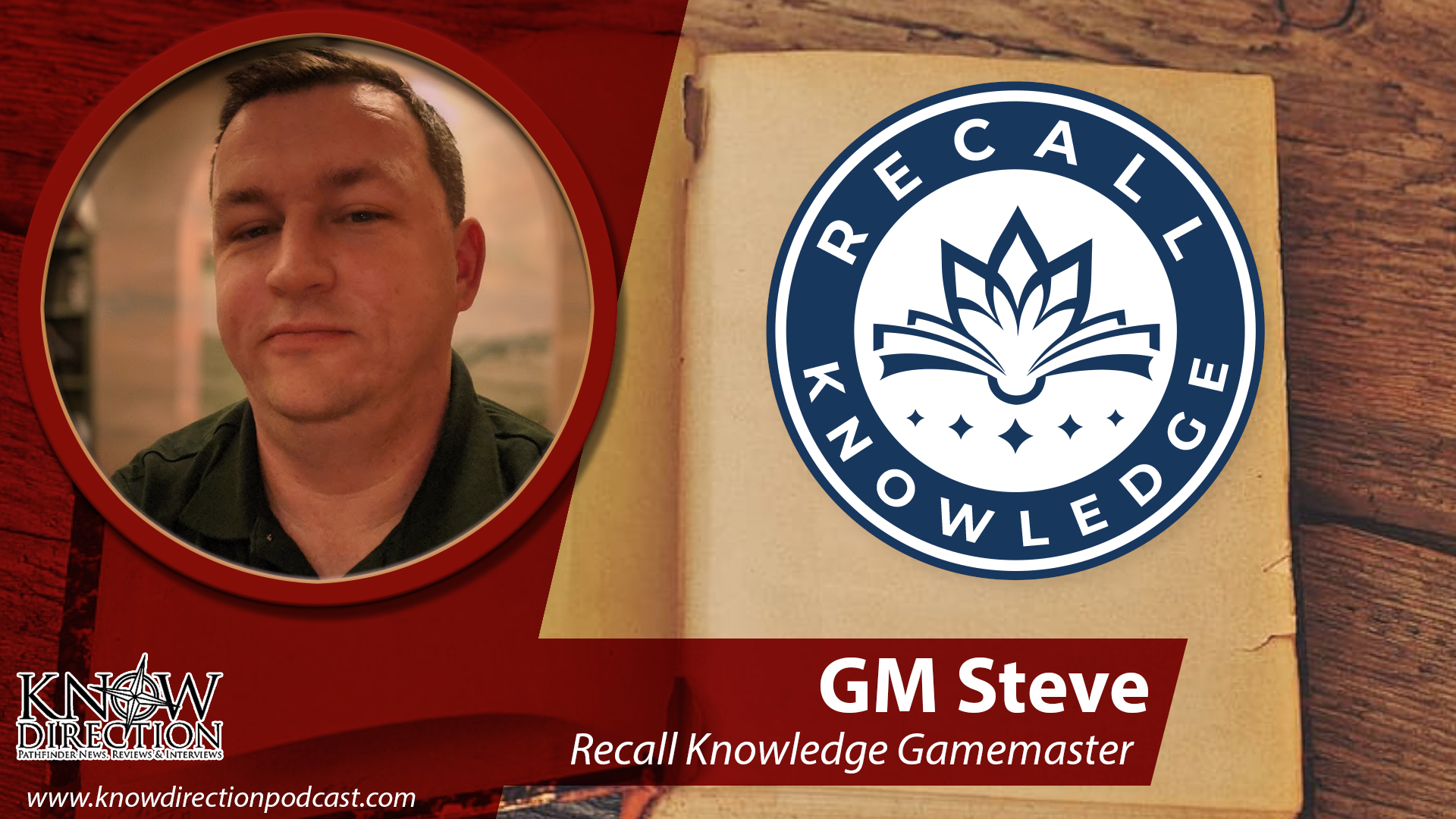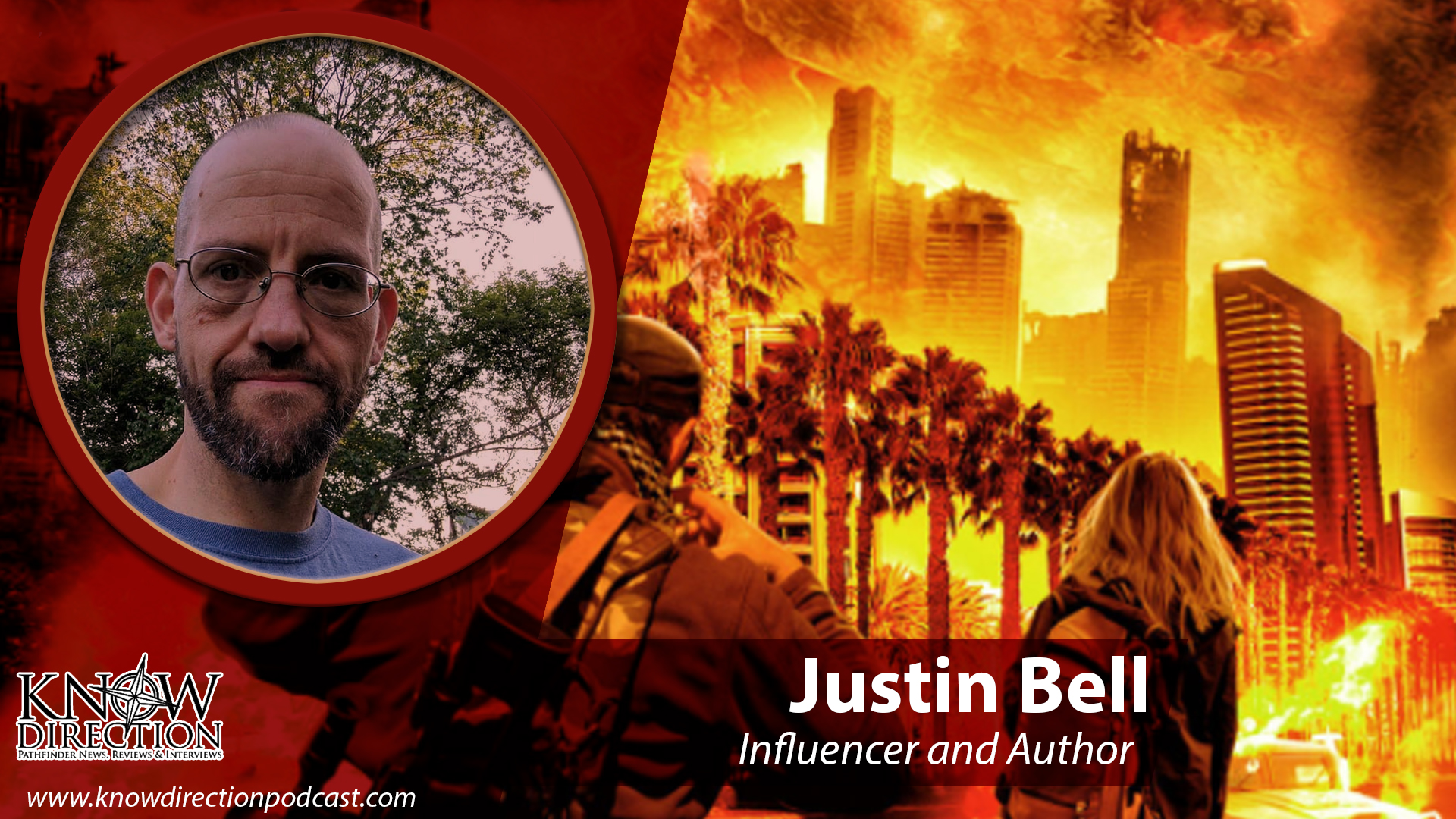Human beings are constantly looking for patterns, our brains are hardwired for making connections between abstract things. In most people with ADHD this is on overdrive, our brains make connections constantly which can make it hard to focus. At the table this can lead to excited off topic tangents or call backs to old adventures. It’s not always a bad thing, reminiscing and hanging out are a part of gaming, but if you find your group grumbling that they only made it through a single encounter that night or you just find yourself looking to focus more on the game there are ways that you might tackle this.
Before I dig in let me just say that ADHD is not a monolithic condition, it affects everyone differently, and because of the hyper associative nature of our minds, triggers can be very unique to your experiences, so what follows are tips I use (or should use) that help with the more common expressions.
Know Yourself
An important thing to remember dealing with your ADHD at the table is it’s your own business. You don’t owe anyone for being who you are, but if you feel comfortable discussing it, letting people know before you game can help everyone’s enjoyment at the table. I think this is especially true in games with hard time limits like PFS where a good GM armed with this knowledge can slip in gentle reminders or make sure a player doesn’t go too long without some direct engagement to keep attention from drifting. In my home games I make it a point to let my group know if I am tired or had an especially stressful day just to clue them in that I might be more distractible than usual.
Be Upfront
Quite literally, if you can. One of the common tricks teachers have for engaging with ADHD students is putting them in the front of the class, now while that sometimes carries a little stigma in the classroom, putting yourself as close to the action (in this case the GM, the battlemap anything actively putting out stimulus) can help attention jumping, or make it easier for GMs to track your engagement. This is also usually the best tactic you can do if you are someplace you can not control your environment, like a game store or convention.
Check for Traps
Another common approach is to reduce the number of things nearby that could distract you. At the table this means phone and non essential books in your bag; snacks and other distractions to a minimum. The thought here is to reduce the amount of stimulus so you can focus on what is happening in the game. I have a confession, I have rarely found this method to work for me. I can seemingly distract myself with no additional help in a desire to get more stimulus for my “connection engine”. I have found that to stay focussed my brain requires a very specific amount of stimuli, and if that stimuli can be game related all the better.
While I would still advise cutting back on clutter in your game space, I would add that having gaming “touchstones” around you can help distract you back to the task at hand. Outside of your nearby character sheet and dice, placing visual cues nearby with lists of prominent NPC names or the group’s current objectives can let you move your eyes around the room while providing enough related feedback to jump back to gaming.
I personally find drawing or taking notes while it’s not my turn will occupy my visual and motor needs enough to focus on what the GM is saying (not the best when you are in combat and not watching the battlemat though). Depending on your setup, adding game appropriate music, or gaming sound effects to a fight can be helpful auditory cues to keep engagement.
Bonus Round
Pathfinder and similar games (especially 1st edition) have a lot of numbers and bonuses that are conditional to any number of things; what you are fighting, placement of your character, what spells have been cast. As a person whose attention drifts between turns trying to pull all those rules and numbers back together on your turn can be difficult, and searching through your character sheet can sometimes give information overload and distract you (I still have to go looking for my Initiative every combat). Building a separate combat checklist with the clear labels with the most common variables already added up can be a real time saver. For spellcasters keeping a separate list of just your spell names can also speed things up, often going to the complete rules text first can bog down some in reading descriptions.
Going Virtual
These days meeting in person hard, but there are still things that can help engagement. The temptation of the internet browser even for those without ADHD is strong, but closing those extra tabs and clearing off your desk/table are good starts. If your group has a virtual tabletop and a video chat try to use separate devices or screens for each. This will allow you to bounce between the parts of the game without clicks and immediately follow wherever the action is. Similarly if you have the technology and the time some VTTs support scripts that can take all the guesswork out of rolling. If that option is not open, I try to keep a physical copy of my character sheet by my computer eliminating the need to leave the action flipping between my digital character sheet and the game.
I have talked a lot about the hiccups you can have in a game, but ADHD has almost always been a boon to me at the table, I hope these tips can help you game or understand others better at the table.
About Chris L. Kimball
Classified as a large creature by most systems, Chris has been playing TTRPGS for over 25 years. Working as an illustrator and graphic artist by day and a freelance illustrator and graphic artist by night, his work has been seen in League of Legends, Pathfinder, Overwatch League, and Legendary games. He lives in Queens, NY with his wife and a future gaming group worth of kids! You can follow his art on Instragram: @chrislkimball, Twitter: @heightadvantage, or view his portfolio at: https://www.artstation.com/chrislkimball

